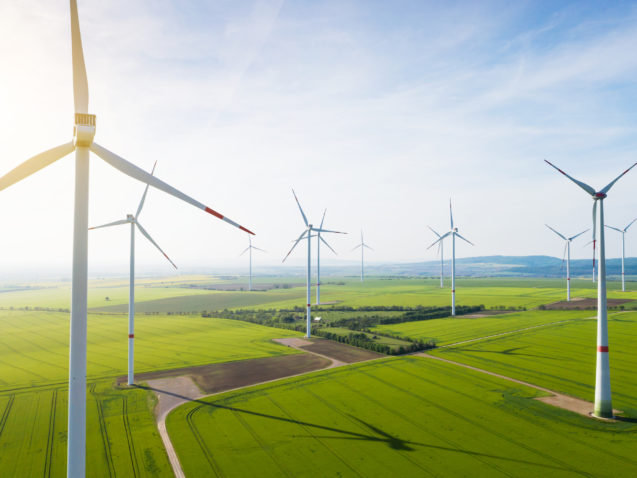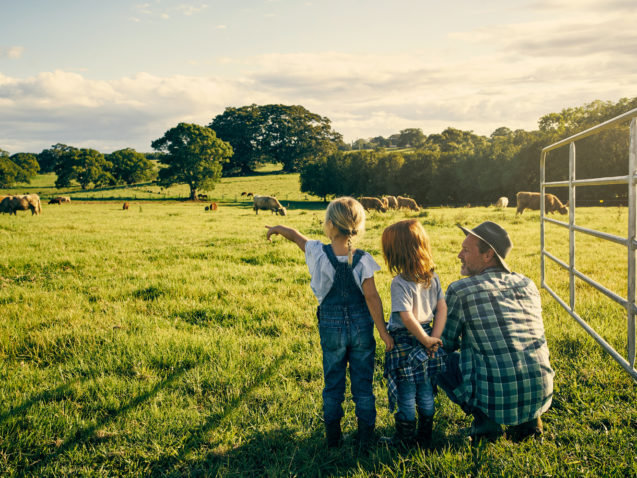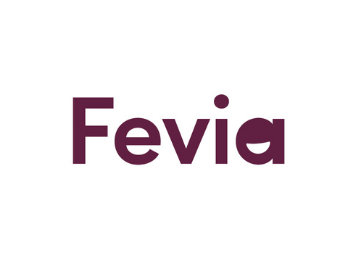Belgian food and drink companies have undertaken energy saving measures, which are strictly monitored by authorities and have shown success in reducing energy-use and cutting emissions.
Branch Agreements (AdB) or Energiebeleidsovereenkomsten (EBO) are voluntary sectoral agreements to make companies more energy efficient. 93 Flemish and 67 Walloon food companies have joined the AdB or the EBOs and thus help achieve the Flemish and Walloon CO2 and energy efficiency targets.
Progress in Flanders
In Flanders, companies are on track to meet their mid-term commitments of the first reporting cycle. The performance of Flemish food and drink companies in this area is slightly better than the industry average.
Concretely, the Flemish food industry is on track to achieve energy savings of 611 GWh by the end of 2018. This figure is comparable to the average annual consumption of 20,000 families or to the insulation of approximately 60,000 roofs. The interim report indicates that the Flemish food industry is already achieving energy savings of 50% of the agreement’s target.
The total improvement in energy efficiency is almost 2% compared to 2014. These results are slightly better than the industrial average, which stands at 1.1%. This has already enabled the Flemish food industry to avoid releasing 58,000 tonnes of CO2 emissions in two years.
Progress in Wallonia
In Wallonia too, food companies improved their energy efficiency by no less than 16.71% and reduced their CO2 emissions by 20.78% between 2005 and 2016.
As a result, the sector target of 18% and 22.8% respectively has almost been reached. In 2016, half of the companies had already achieved better results than those forecast for the final 2020 target. To do this, they have already invested more than €100m in the implementation of local measures.
In addition to the measures taken on their own sites, Walloon companies have also adopted numerous measures to reduce CO2 emissions within the production chain. By opting in particular for other means of transport or by working with closer suppliers, Walloon food companies saved 77,000 tonnes of CO2 in 2016.
Walloon companies are therefore also on the right track to achieve their objectives by 2020.
In principle, AdBs and EBOs end in 2020. Flanders has already decided to extend the current EBOs until 2022 and Wallonia may also extend the current AdBs. Fevia is in favor of these sectoral agreements since they provide a framework for many companies to continue to focus on energy efficiency and CO2 reduction.
With the ambitious European goals by 2030 in perspective, these voluntary agreements are most important in proving that the industry has already made enormous efforts and continues to do so. Moreover, these agreements are essential instruments for the two regions to prove their efforts to Europe.
The balance between burdens and obligations is an essential condition for pursuing voluntary sectoral agreements. The unilateral obligation of stricter and more numerous conditions without equivalent compensation is therefore unacceptable for Fevia.





